Question And Answer
Publications
Articles, publications, books, tools and multimedia features from the U.S. Institute of Peace provide the latest news, analysis, research findings, practitioner guides and reports, all related to the conflict zones and issues that are at the center of the Institute’s work to prevent and reduce violent conflict.
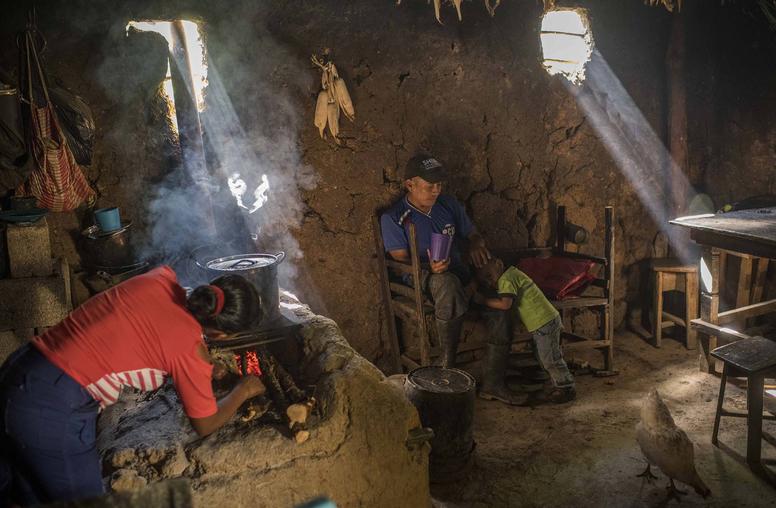
Climate change risks new violent conflict. How to respond?
As climate change amplifies weather disasters and destabilizes food and water supplies, recent research is confirming its effects on the global south: Our planet’s warming is weakening already fragile states, increasing the risk of violent conflicts and accelerating human displacement and migration. Like any global shock, it is putting poorer nations most at risk. The United States and the international community can counter these rising hazards by setting basic priorities in assistance programs. Among these are to target cities with a strategy that helps local populations adapt to climate change and manage conflicts nonviolently, and to strengthen regional organizations’ abilities to tackle fragility problems.
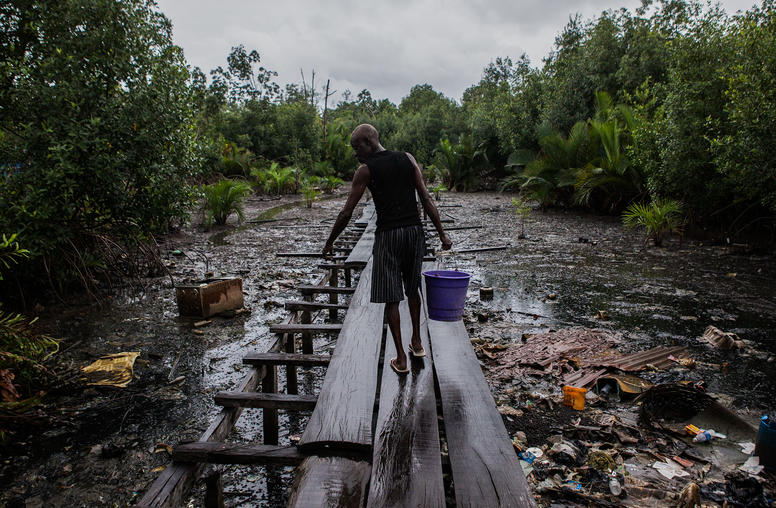
Can the World Go Green Without Destabilizing Oil-Pumping Nations?
Amid the dizzying acceleration of headlines and debate about the vital global transition to renewable energy, new research shows how that change could destabilize dozens of fragile states that depend heavily on oil exports. The new study underscores that governments and international institutions will need to guard against risks that the shift away from carbon-heavy fuels will inadvertently upset political balances and potentially ignite violent conflicts in a swath of nations from Venezuela to Nigeria to Iraq and beyond. Above all, the research suggests, the world must avoid an unplanned “traumatic decarbonization” of these economies.
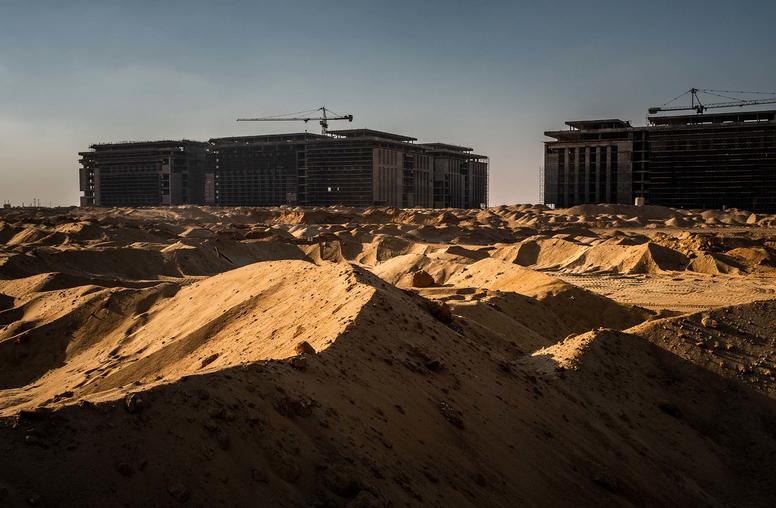
A Global Democratic Renaissance or a More Volatile World?
With a staggering array of immediate crises facing the world — from the COVID pandemic to a global increase in extremist violence — it sometimes feels difficult, perhaps even impossible, to look beyond the current moment and envision what the world will look in the coming decades. However, looming demographic, economic, environmental and technological shifts are already starting to affect the global geopolitical environment — not only worsening our current crises, but inciting new ones should we fail to put in place long-term strategies to address them.
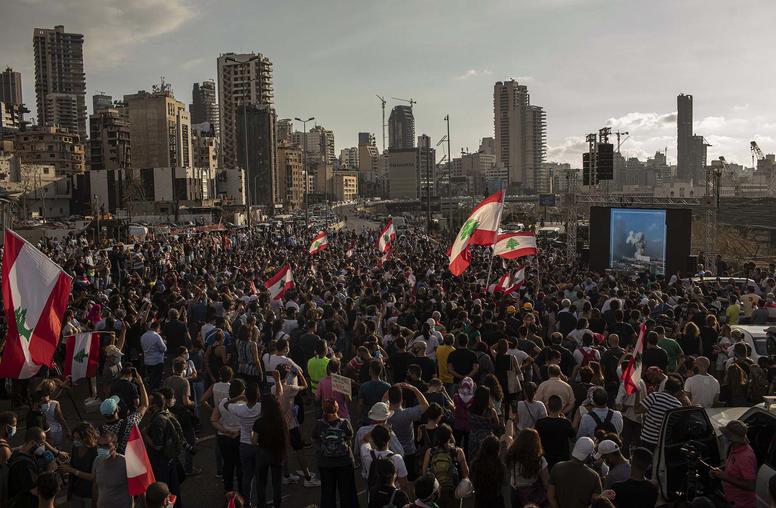
Lebanon on the Brink of Historic Breakdown
Lebanon’s devolving economic and financial crisis could potentially be one of the world’s three worst since 1850, according to a World Bank report released last week. The increasingly dire situation — exacerbated by the COVID pandemic and last year’s Port of Beirut explosion — has likely dragged more than half the population below the poverty line, as unemployment soars and the price of basic goods surges. Already accomplices to this economic collapse due to years of corruption and mismanagement, Lebanon’s leaders have been reviled for their limited response. With Lebanese exasperated with their increasingly desperate situation, there could be widespread social unrest and a major breakdown, which would have important humanitarian and regional security implications.
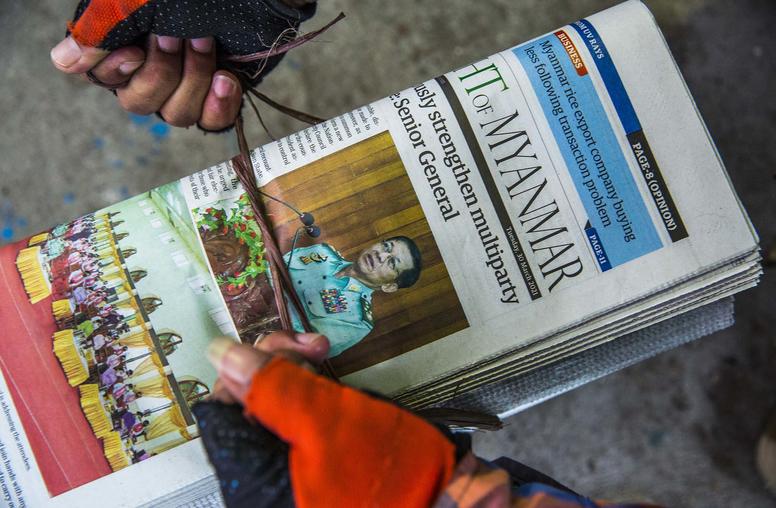
Myanmar: China, the Coup and the Future
In making major deals with Myanmar’s military rulers, China seems to be violating its official guidance for investment abroad: Avoid conflict zones. Although Myanmar is in a state of collapse and widening rebellion, China continues to advance plans for a complex economic corridor in the country with the military unveiling steps to move ahead with big joint-venture projects. The generals’ bid to appear in control of things is obvious. China, on the other hand, seems to have fallen into a trap. Cozying up to the junta puts its investments at immediate and long-term risk and erodes its standing in regional organizations. To protect its interests, Beijing should press the junta to curb its rampant violence against the population and to restore the elected government.
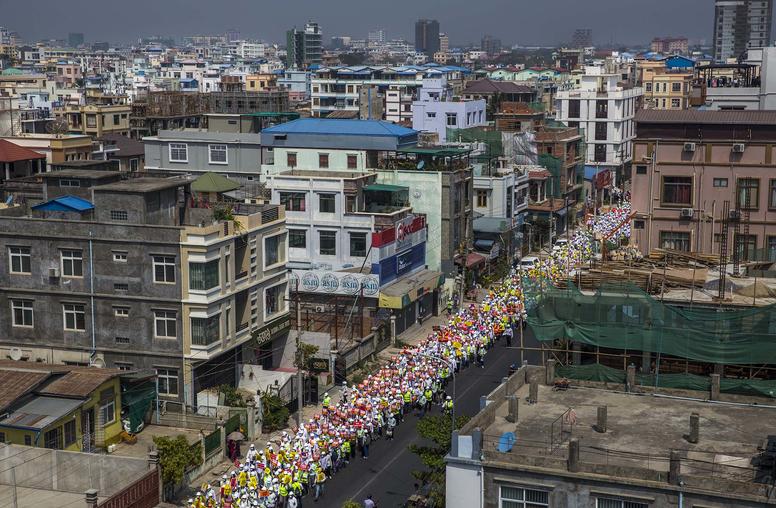
Chaos in Myanmar Is China’s Nightmare
The suspicion that China approved the military coup against Myanmar’s elected government runs deep among Burmese resisting their new dictatorship. Perhaps proof of such meddling will emerge someday. For now, what seems clear is that China would not have chosen to knowingly embroil its interests in Myanmar in the chaos that has followed the army’s power grab. On virtually every front, from public health to national security, China now faces new threats created by the post-coup breakdown in governance and the rule of law. As these consequences come into focus, Beijing will have to decide whether to maintain its tacit acceptance of the generals’ regime or take a different policy tack to protect investments in its neighbor to the south.
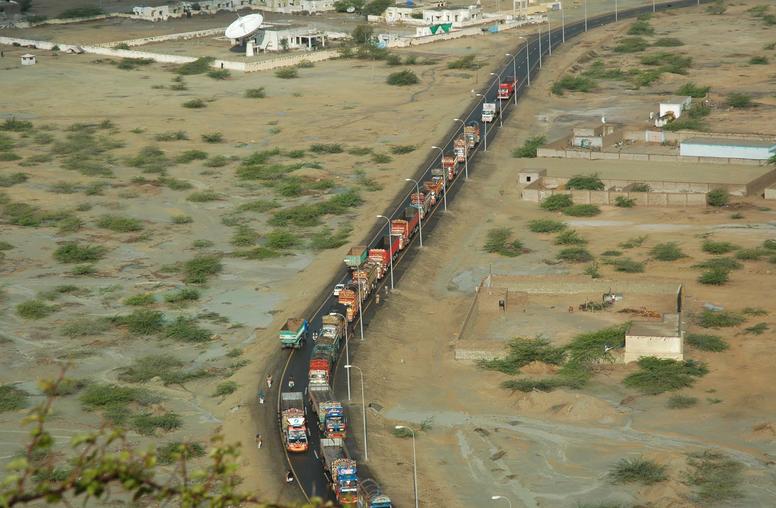
Pakistan’s Growing Problem with its China Economic Corridor
The China-Pakistan Economic Corridor (CPEC) has deepened the decades-long strategic relationship between the two Asian nations. But it has also sparked criticism, including that it burdens Pakistan with mountains of debt, allowing China to use “debt-trap diplomacy” to gain access to strategic assets. While some of this criticism is valid, a closer look indicates that concerns around debt sustainability, tepid economic growth and overall economic and social instability in Pakistan predate CPEC. Moreover, it is the lack of long-term structural reforms that has stymied equitable socioeconomic progress in Pakistan.

The Evolving U.S.-China Tech Rivalry in Africa
A battle is unfolding between United States and Chinese tech firms over who will control what millions of people in Africa can see, hear, read and say.
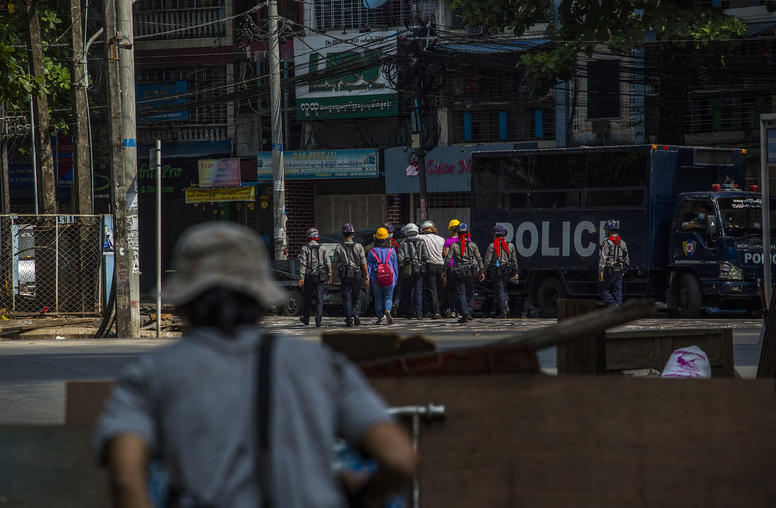
Chaos Sparked by Myanmar Coup Fuels Chinese Cross-border Crime
In the two months since the military reestablished its tumultuous rule, criminal activities in Myanmar have widened dramatically, posing new challenges to the region’s efforts and ability to control cross-border crime.
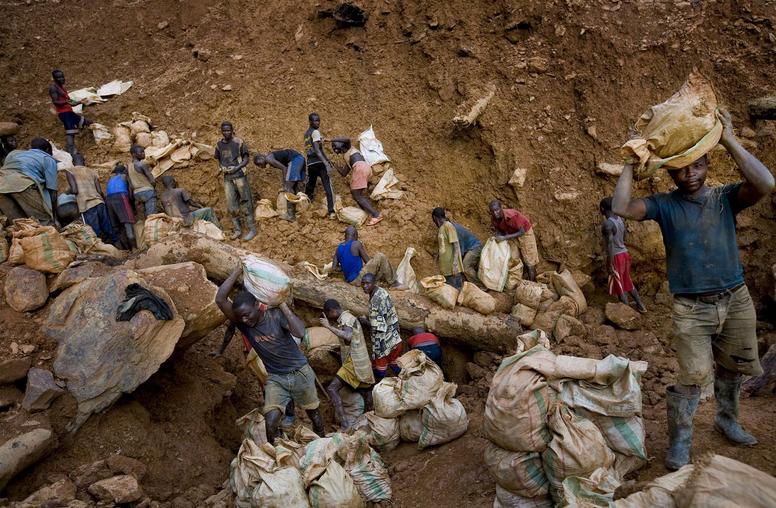
A ‘green economy’ risks new conflicts—but that’s avoidable.
The United States will host 40 world leaders this week to accelerate the fight against global warming. In those talks and in the imperative changes to come, officials and advocates must watch for an unintended danger of new policies—their potential to ignite or inflame violent conflicts. A key to reducing this danger is to marry reforms for a cleaner global economy to those for transparent, accountable governance and commerce. Put simply, any successful greening of the global economy will heighten the costs and violence that humanity risks from corruption and authoritarianism worldwide.